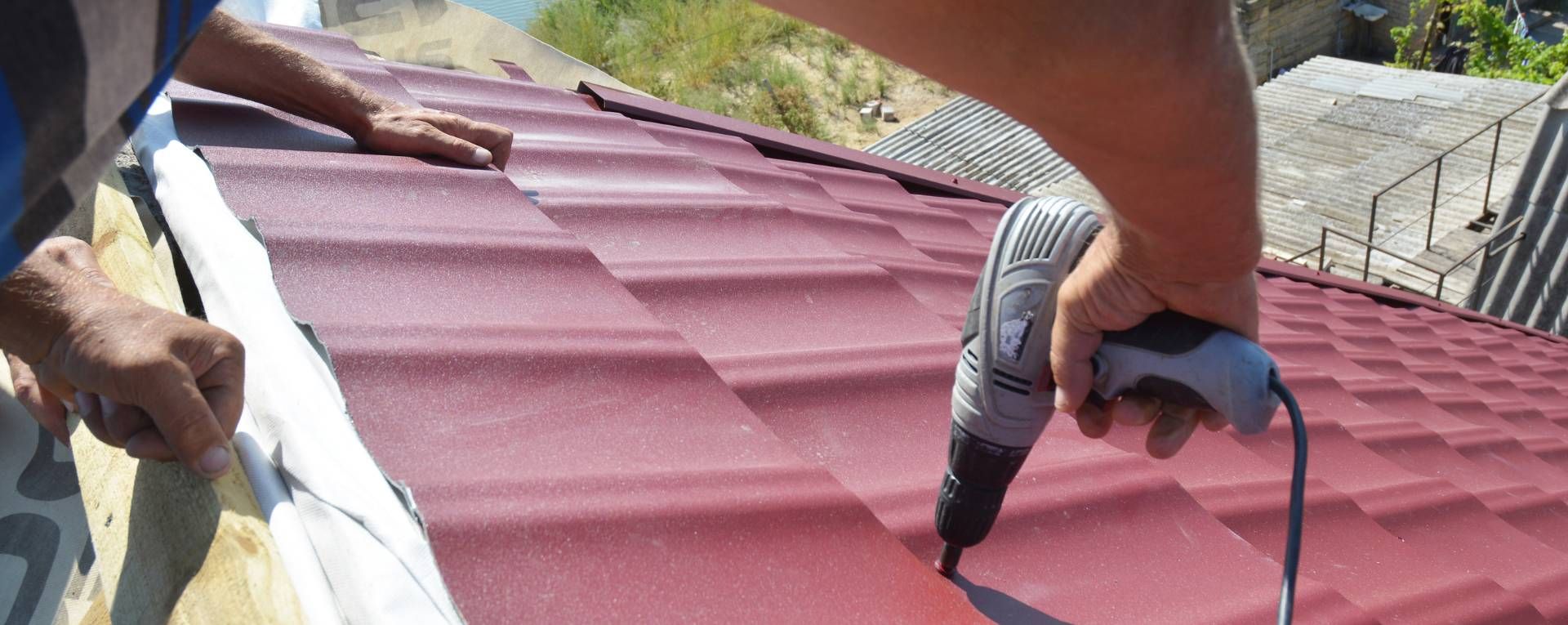How To Transition From Shingle Roof To Metal Roof
Before you do try to transition between different materials for your roof, you have to weigh in on what are the differences, advantages, and disadvantages of using such a material. In most cases, the decision to transition from one material to another is heavily based on where the house is situated, the climate, the amount of foliage, and the amount of precipitation that the house is exposed to every season.
If you are planning on transitioning from a shingle roof to a metal roof, it’s best to ask yourself first:
“Is it really worth it? What are the advantages that I get from getting a metal roof? Will it make my life a whole lot easier if I make the transition?”
Shingle Roofs
When a person thinks about a typical house and a roof, the first thing that comes to mind would be a house with a shingled roof. Shingled roofs are by far the most popular type of roofing material since it has existed for centuries and can provide a multitude of different benefits to homeowners.
- Great way to insulate – If you’re living in a temperate region were the 4 seasons can easily bring in hot and cold weather, then shingled roofs are your best bet in retaining heat during winter and keeping a low-temperature in the interior of your house during summer. Keeping your house and roof dry is paramount in mitigating damages from rot, molds, and mildews.
- Cheaper repairs – Of course, the price of wood and stone is cheaper than metal. Moreover, If ever a shingle breaks down, then it can be considered as an isolated case that can be spotted and replaced easily by a skilled roofer.
- Common – In line with the previous point, if you need to replace a shingle, you can easily find one with the right material from your local builder’s depot. You also will not have any problem trying to find the right material to go along with your house’s style if you want to phase out a layer of shingles.
- Easily walked on – Since shingles are made out of wood and sometimes stone, the texture makes it easy to walk on. Metal roofs tend to become slippery when it rains and can be hazardous to travel on during the winter when the roof freezes.
Metal Roofs
As technology keeps on developing, so is the material that’s being used for roofing. Metal roofs are one of the more recent materials that have been introduced in the roofing industry and have helped a good record of maintaining a good lifespan for your rooftop while also having its own advantages and drawbacks.
Before we make any rational decisions on the best course taken, let’s look at the advantages and the disadvantages of using metal roofs.
- Lightweight – Compared to materials like slate roof tiles, asphalt shingles, and cedar shingles which can make your roof weigh more than a ton, metal roofs are designed to be lightweight. This makes it easier to install and will lighten any burdens of your roof’s framework. Heavy shingles and tiles can be dangerous to houses that have weak supports since it can potentially lead to the collapse of the rooftop in more extreme situations.
- Longevity – People commonly think that metal easily rusts if exposed to oxygen and water, but metal roofs are made out of a mixture of different metals which includes copper and zinc. This makes metal roofs extremely durable and can potentially last hundreds of years.
- Fire-resistant – Of course, you’ll never see a metal roof catch on fire. Since metal roofs do not catch on fire, it is the best choice to pass safety regulations for houses and commercial buildings.
- Weathering performance – Metal roofs are great for houses that are exposed to cold and wet climates all-year-round. The smooth texture of metal roofs means that rainwater can easily slide off without having to accumulate on shingles and ice dams can naturally thaw once exposed to higher temperatures.
We have to accept the fact that there is no roof that is perfect and sooner or later, you will have to face problems like roof leaks, rusting, mold formations, rotting, holes, and other damages to your roof. However, if you use the right material for your roof, you will be significantly prolonging the life of your roof and the framework of your house in the process.
Ultimately, both materials have their own advantages and disadvantages, but homeowners have to still keep into account the topography, climate, fauna, and other elements of nature that can cause damage to roofs.
At the end of the day, you have to consider these questions:
- What’s my budget for this?
- Will this work for where my house is situated in?
- Do I trust my roofing contractor?
If you are still not sure on the right materials that you will be using for your roof, or whether you want to transition towards the metal roof, you can consult with A professional roofing contractors who is well known for their services in replacing roof materials, inspecting damages, and consultations on the best course taken for your roof. After all, if you want quality work, it’s best to hire seasoned professionals to handle your roofing Fort Myers FL needs.
Related Articles
- Find How To Add Slope To A Flat Roof
- Can You Use Architectural Shingles For A Ridge Cap?
- Do You Need Roof Vents For Tile Roofs?
